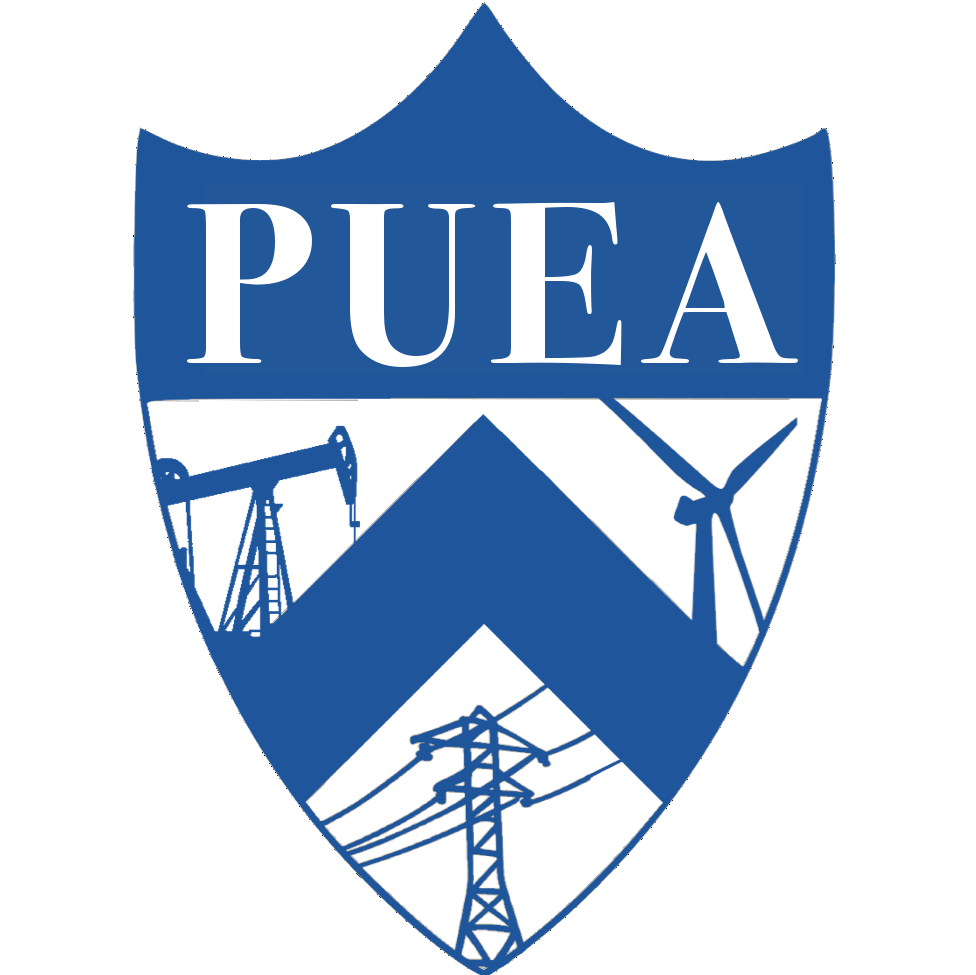Volume 13 Issue 2
February 14, 2022 – February 20, 2022
Zihan Lin ‘23 | Andrew Ji ‘25 | Wilder Crosier ‘25 | Sunay Joshi ‘24 | Riti Bhandarkar ‘23
BP Says Transition to Greener Investments Won’t Spoil Profits
February 8, 2022 | Jenny Strasburg | The Wall Street Journal
As the demand for gas increases coming out of the pandemic, U.S. oil companies are experiencing a resurgence since the pandemic. Boasting a surplus of cash, British oil company BP reassured shareholders on Tuesdays that the company’s plans to increase their production of green energy will not harm profits.
By 2030, BP plans to cut oil production by 40% and pivot their resources towards areas such as hydrogen and electric vehicle charging stations. Many shareholders expressed worry over these shifts which are coming far ahead of most U.S. oil companies. However, Jenny Strasburg reports for The Wall Street Journal that BP executives claim to be “striking the right balance of spending on low-carbon projects while maintaining profits from core fossil-fuel businesses.” -WC
Oil Prices Rise to Eight-Year High on Ukraine Invasion Warning
February 11, 2022 | Will Horner | The Wall Street Journal
Oil prices have risen in the wake of the White House’s announcement last Friday that a Russian invasion may be imminent. The benchmark, Brent crude, increased in price by 3.3% a barrel on Friday, reaching an 8-year high. Russia is a leading oil exporter, and war with Ukraine could exacerbate existing supply issues. OPEC and its allies have been unable to meet their targets in increasing supply, and steady demand has caused price hikes. As oil stockpiles outside of OPEC dwindle, the alliance will have to decide whether to meet the demand or risk a resurgence of competition from American shale drillers. -SJ
What happens to Europe's energy if Russia acts?
February 6, 2022 | Bussewitz, McHugh, Daly | AP
Among rising geopolitical tensions between Russia, Ukraine, and NATO interveners, fears about Europe’s energy supply are surfacing. Europe’s reliance on Russia for energy opens the possibility of an energy shutoff in retaliation to potential U.S. sanctions, bad news for Europe’s already strapped energy supply, which underperformed this past year both in terms of production and the supply from Russia, causing skyrocketing prices. However, a complete energy shutoff is unlikely, as the energy markets of the two regions are mutually reliant, and it is far more likely that in the event of a Russian invasion of Ukraine, gas pipelines running through the area to Germany will be cut off instead. That threat could be leveraged against Germany to approve a controversial new pipeline named the Nord Stream 2. - AJ
California delays decision on rooftop solar policy reform
February 3, 2022 | Reuters
On Thursday, California state officials stated that they would need more time to decide on the adoption of a controversial reform to the state’s clean energy strategy. This reform, supported by companies like Sunrun, Tesla, and SunPower Corp, would lower the rate rooftop solar owners would receive by sending power to the grid, and increase the fee they would have to pay for grid maintenance. While many disapprove of this move, which puts the power of clean energy installation in the hands of companies rather than individuals, it also reduces the financial burden on low- and middle-income residents that cannot afford the costs of distributed generation. -RB
Low energy efficiency standards cost owners of new homes £234m last year
February 8, 2022 | Fiona Harvey | Guardian Energy
In 2015, the conservative government in the U.K. erased the energy efficiency standards that were planned to be implemented in 2016. The standards were critical to U.K.'s net zero greenhouse emissions goal. With limited technology usage to build net zero homes, household owners are facing heavy bills if they choose to upgrade to more energy efficient homes. In addition, household owners are overpaying due to the low energy efficiency standards during the initial construction. Even so, energy efficient home standards continue to face threats from the government. - ZL



